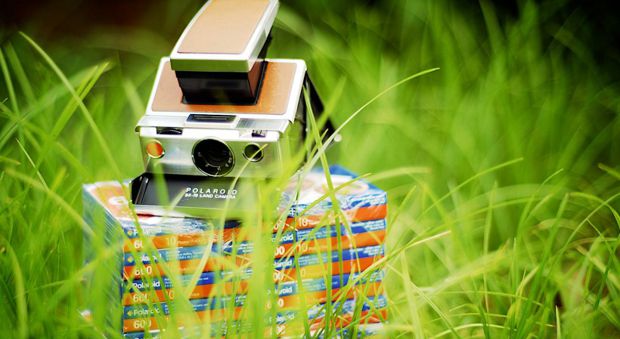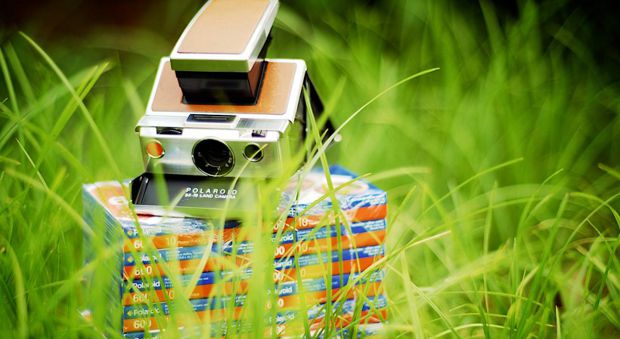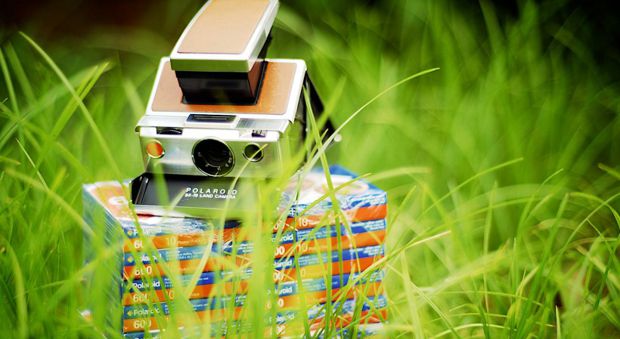牛津实用英语语法 115 be 表示存在,be+形容词
|
A be通常用来表示人或物的存在,或提供有关情况: Tom is a carpenter. 汤姆是木匠。 The dog is in the garden. 那只狗在花园里。 Malta is an island. 马耳他是一个岛国。 The roads were rough and narrow. 道路既崎岖又狭窄。 Gold is a metal. 金是一种金属。 Peter was tall and fair. 彼得身材高大,皮肤白皙。 B be可以用来表示身体和精神状况: I am hot/cold. 我感到热/冷。 He was excitnd/calm. 他激动/冷静。 They will be happy/unhappy. 他们会感到愉快/不快。 be和某些形容词例如quiet/noisy,good/bad,wise/foolish等连用时可以用进行式,如Tom is being foolish(汤姆此刻正在说傻话或做傻事),意指主语此刻正在表现出这种特征。试把这个句子与Tom is foolish(汤姆很愚蠢)相比较。后一句意指汤姆在言谈和行动上总是愚蠢的。同理: The children are being quiet. 孩子们现在不吵不闹。相当于: They are playing quietly now. 他们在安静地玩着。 但如果说The children are quiet,则可能意指孩子们平时总是安静地玩。 另外一些形容词也可以用于进行式: annoying generous/mean cautious/rash helpful/unhelpful clever/stupid irritating difficult mysterious economical/extravagant optimistic/pessimistic formal polite funny selfish/unselfish 其中有些形容词如 stupid,difficult,funny,polite等用于进行式时,可以意味着主语有意这样做。 You are being stupid(你有意装傻)可以意指 You are not try-ing to understand(你不想努力弄懂)。 He is being difficult(他故意犯别扭)通常意味着 He is raising unnecessary objections(他正在提出一些不必要的异议)。 He is being funny(他在故意做出滑稽可笑的样子)通常意味着He is only joking.Don’t believe him(他只是开玩笑,不要相信他)。 She is just being polite(她只是做出有礼貌的样子)可能意指She is only pretending to admire your car/clothes/house等(她装做表示羡慕你的车子/衣服/房子等)。 C 表示年龄: -How old are you? -I am ten./I am ten years old. -你多大岁数? -我十岁了。(但不能说:I am ten years.) -How old is the tower? -It is 400 years old. -那座塔有多少年历史了? -它有400年的历史了。(在说明事物的年代多久时,必须用years old。) D 表示尺寸和重量: -How tall are you?/What is your height? -I am 1.65 metres. -你有多高? -我一米六五。 -How high are we now? -We’re about 20, 000 feet. -我们现在的飞行高度是多少? -大约两万英尺。 -What is your weight?/What do you weigh?How much do you weigh? -I am 65 kilos./I weigh 65 kilos. -你体重多少? -我65公斤。 E 表示价格: -How much is this melon?/What does this melon cost? -It’s £1. -这甜瓜怎么卖? -一英镑。 The best sats are(=cost)£5. 最好的座位的票价是五英镑。 |








